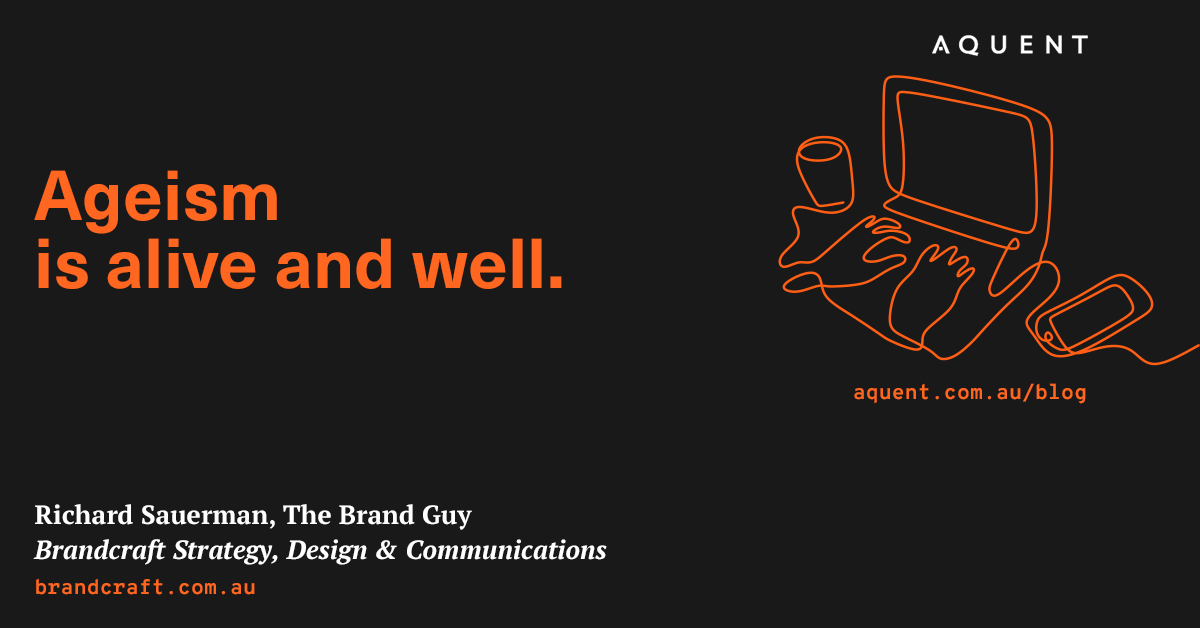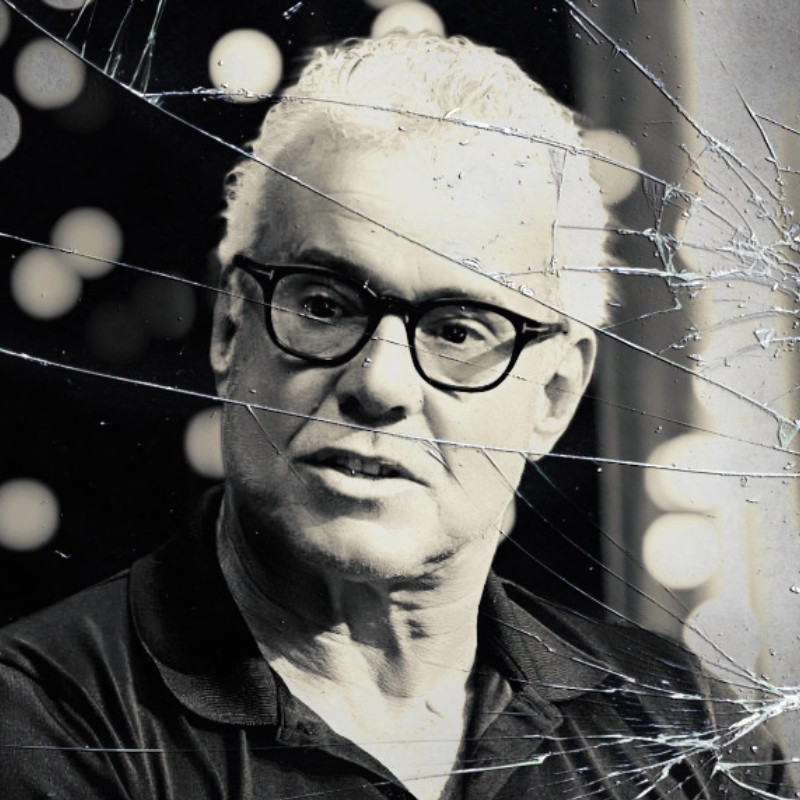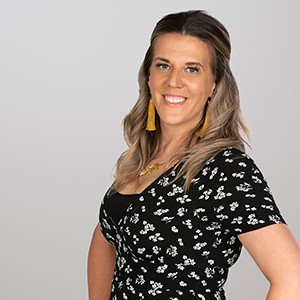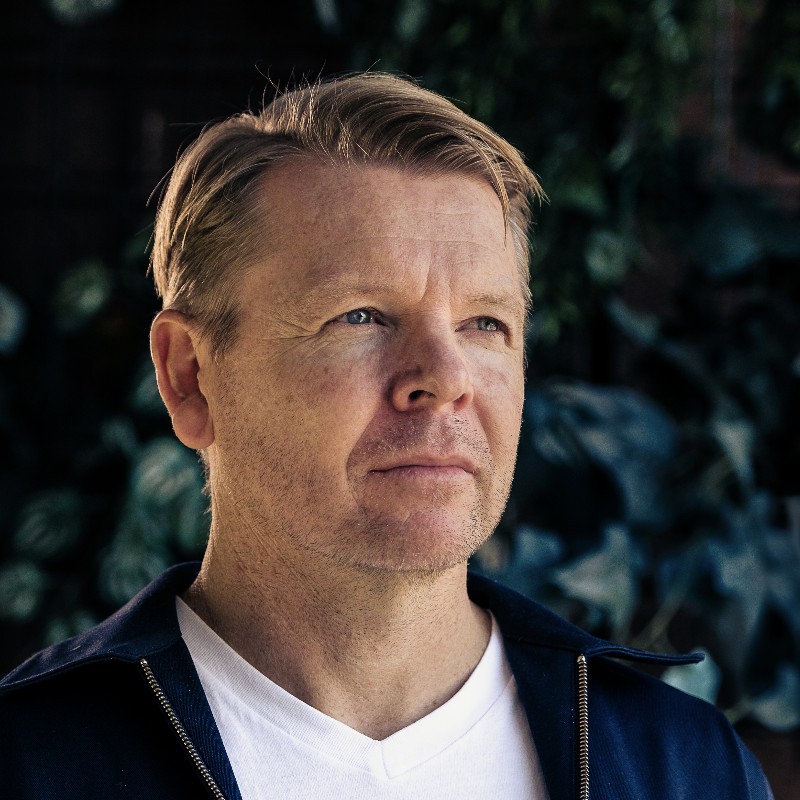Next month I turn 60. When I was a youngster, 60 was ‘very, very old’. Now that I’m knocking on that door, I’m not old at all. While I’m not as agile and physically able as I used to be, I’m the best I’ve ever been mentally, emotionally, and intellectually.
As I reflect on my age, with both my parents still alive (playing golf and doing pilates), it’s obvious to me that we live in an ageing world. People living longer and better lives is one of the greatest achievements of modern times.
Life expectancy is increasing such that by 2055, life expectancy at birth will be 95 years for men and 97 years for women (in Australia). By 2030, one in six of us will be over 60. In 2056, 42% of the Australian population will be over 60. We have more years to work, learn and make a difference in the world, and we bring a wealth of experience, knowledge, skills and abilities.
BUT, when it comes to recruiting and employing older people, ageism – the stereotyping and discrimination of people on the basis of their age – is alive and well. Career and recruitment systems are designed against hiring anyone over the unfashionable age of 50.
Instead, organisations assess and recruit candidates in the same old way, starting their search with conventional hires like recent grads and mid-level professionals and not really considering anyone aged 50 or over because they’re ‘too old’. Not that this is ever explicitly stated.
– ‘Sorry, you’re too over-qualified’ is the #1 bullshit reason employers give for not hiring a mature-age worker (COTA, 2018).
The advertising and media industry has come under the ageism spotlight in a massive way. A few weeks ago, WPP’s global CEO, Mark Read, apologised for saying on a recent investor call: “If you look at our people – the average age of someone who works at WPP is less than 30 – they don’t hark back to the 1980s, luckily.” Oh dear. Here in Australia, only 3% of the people working in media and advertising are 50 and over. I’m clearly washed up and dried out when it comes to my hireability as a Brand Strategist (even though I’ve been ranked in the Global Top 30 Brand Gurus for the past 7 years). https://globalgurus.org/brand-gurus-30/)
Thinkerbell recently launched a paid, eight-week internship for people 55-and-over to push back against ageism and inject talent with “years of life experience” into the agency and industry. Nice move, albeit it slightly tokenistic.
Speaking for myself, I can say that perceptions about the value of mature age workers are distorted, misplaced, and totally incorrect. And there are many, many studies that bear this out. For example, Mercer (2019) finds mature age workers lower costs because they are less likely to leave; they increase productivity of those around them through knowledge sharing; they strengthen group cohesion, collaboration and resiliency; and they enable innovation and strengthen customer connection. Go figure!
Fortunately for me, I work for myself. To really understand the impact of ageist attitudes and hiring practices, take a walk in the shoes of a 58-year-old – with unrivalled skills, abilities, knowledge, and experience – who’s applied for 16 jobs and not been given even one interview, and the effect that has on his or her self-esteem, confidence, pride and joy.
Ageism is as odious as racism and sexism. Older people who are denied the opportunity to work are also denied the personal and social benefits that work brings – dignity, independence, a sense of purpose and social connectedness.
Enough is enough!
Latest.
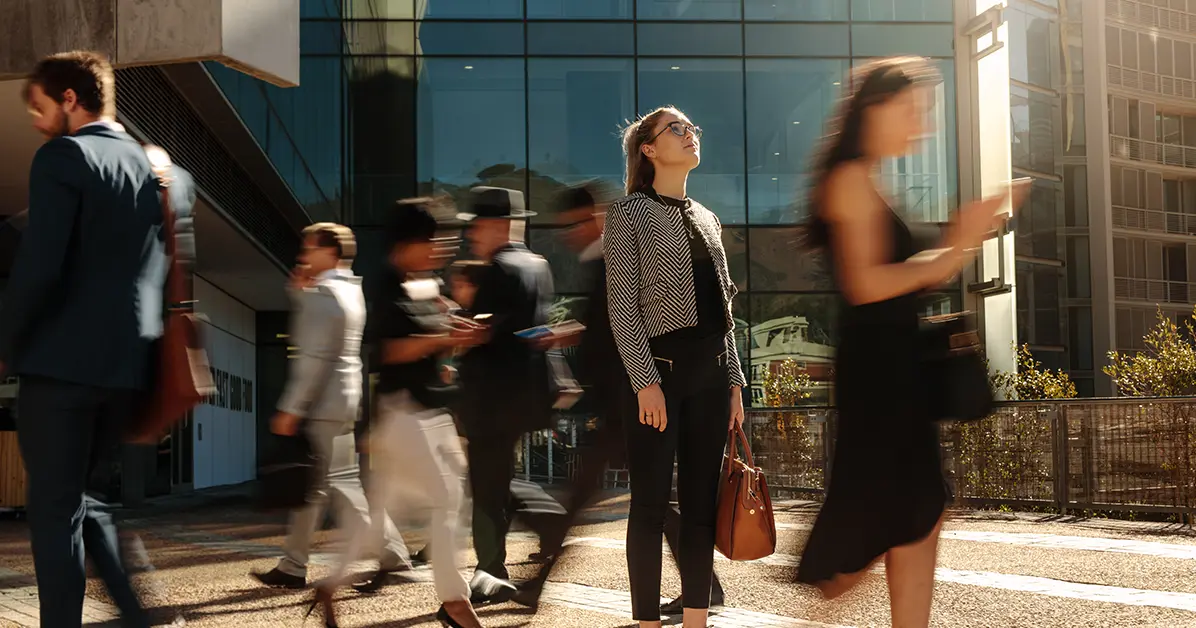
Hiring in Australia: 5 trends redefining our job market
Hiring Insights, Industry Trends, Ask Aquent, Leadership

How to avoid creative burnout and refill your creative tank (before you really need to)
Thought Leadership

AI adoption failing isn’t the tech, it’s the people. How smart businesses overcome this.
Technology, Thought Leadership, Industry Trends
